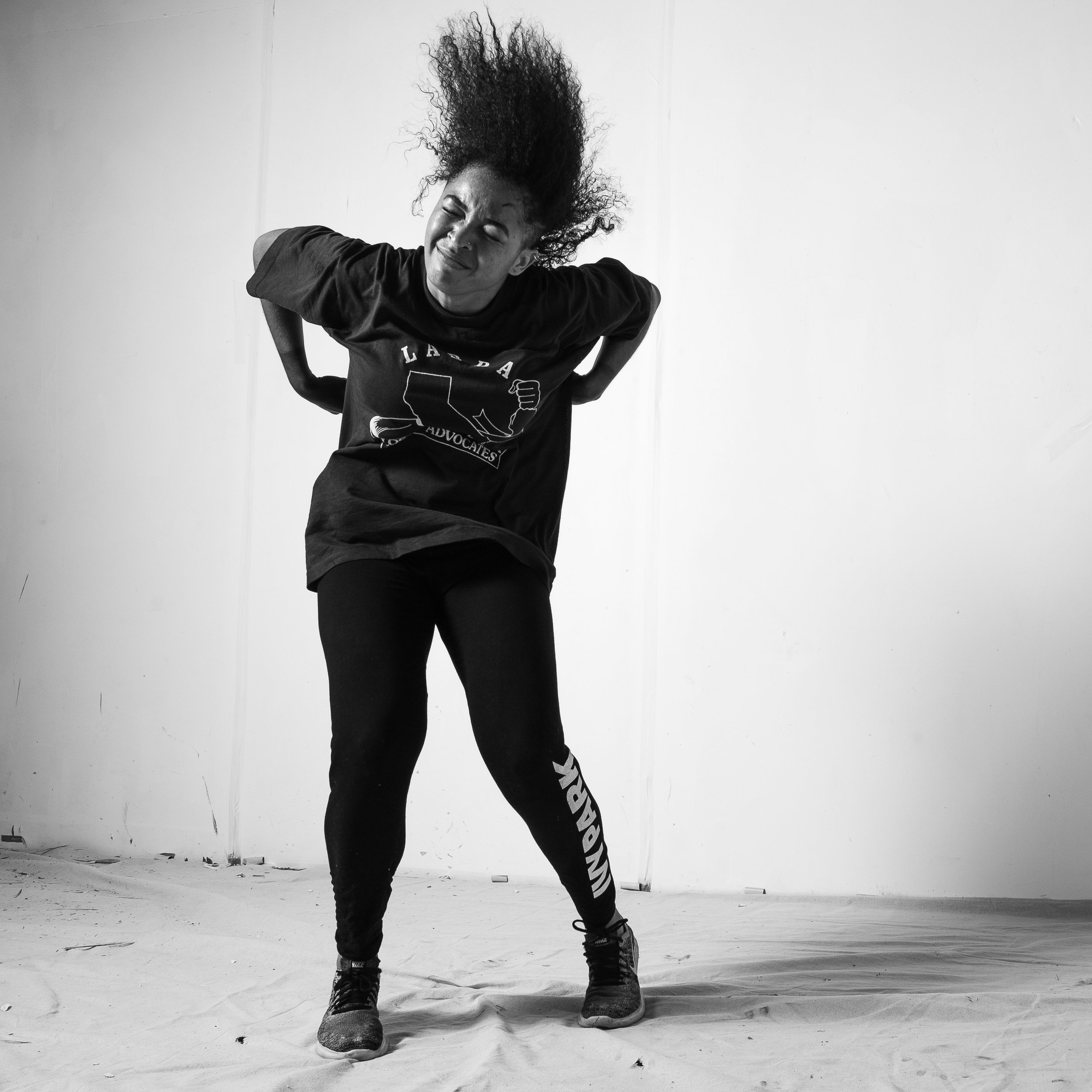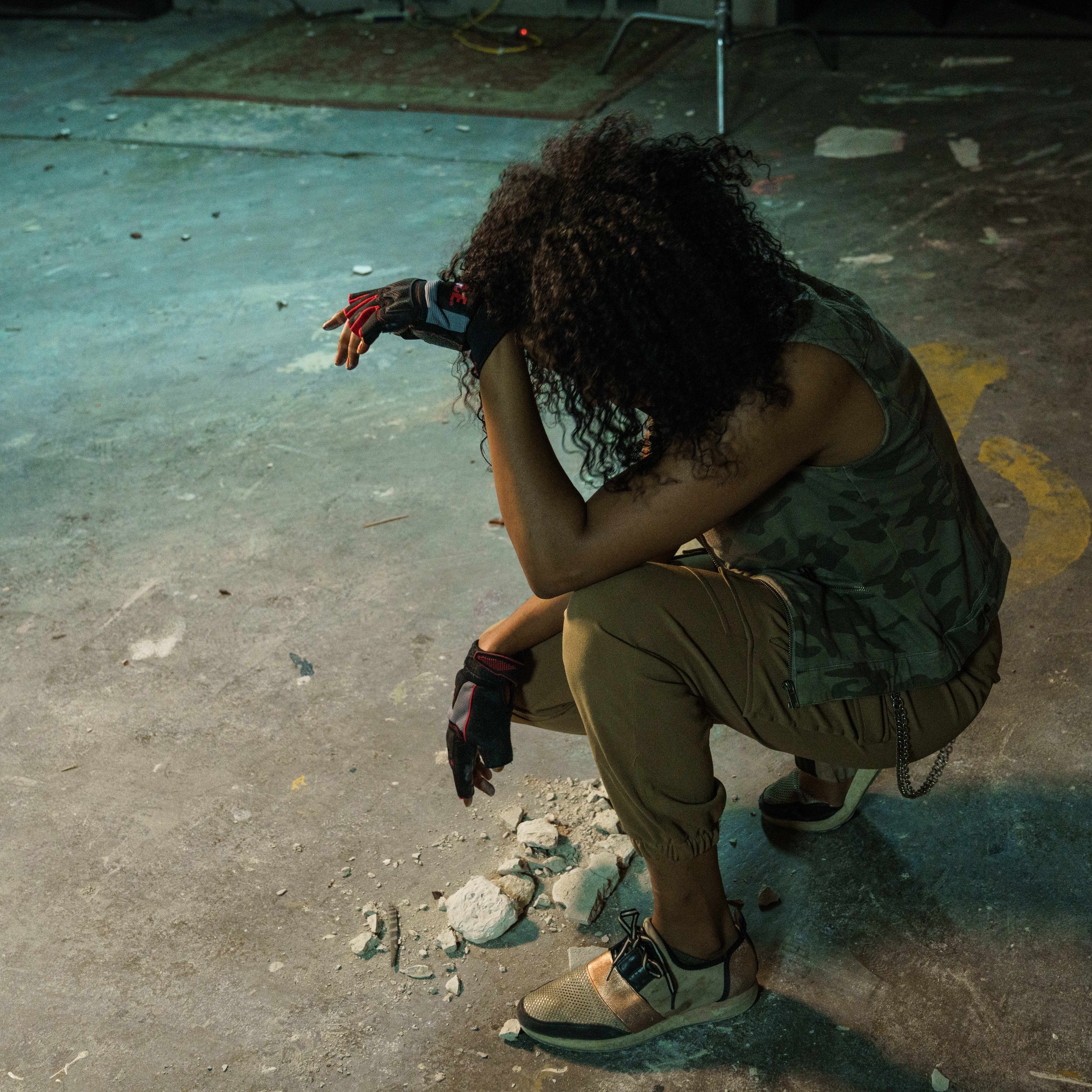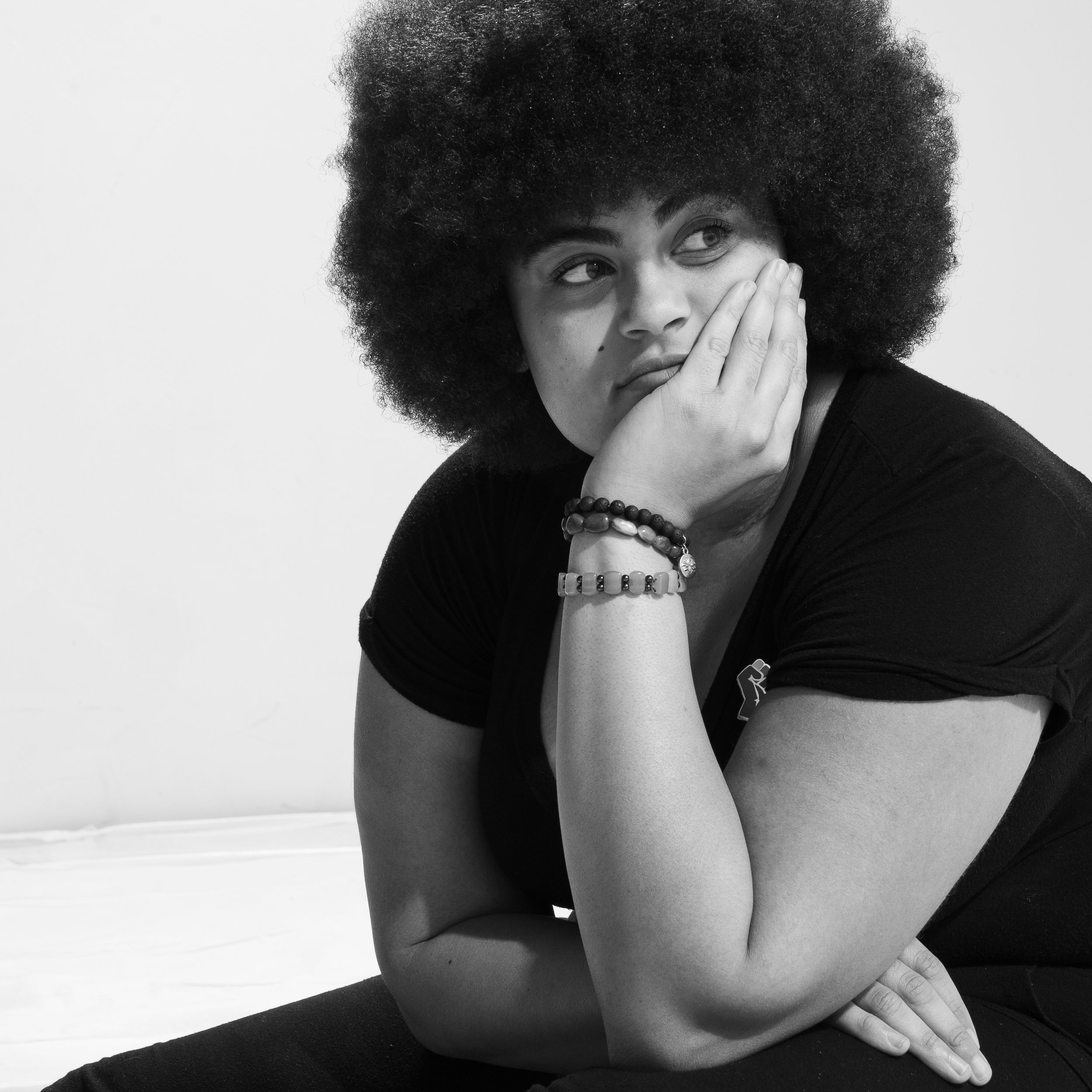
Matter is Minimum
Exhibition Reference Texts
(1981) Audre Lorde, “The Uses of Anger: Women Responding to Racism”
Deborah K. Cohan, “Rage and Activism: The Promise of Black Lives by Deborah K. Cohan.
“I examine rage that is a legitimate, righteous response to persistent, systematic social inequalities in order to grapple with the positive functions and outcomes offered by rage and to forge connections between emotion and social structure. I am interested in how and why rage is invoked as a transformative resource that individuals can draw upon while involved in activist struggles and social movements. I evaluate the movement to end racialized violence against women, as one important site for understanding the manifestation of rage in activism. I look at how rage can help people access and build on the truth and authenticity of their lives, and I examine how rage informs how we generate theory and research that then guides activism. Finally, I use the case study of contemporary Black Lives Matter (BLM) activism to illuminate the implications of rage and activism and to highlight the solutions that BLM offers. Rage, human agency, voice, black women’s activism, and the larger social structure are understood together using the sociological imagination.” (33)
“A Cornerstone of white privilege is white people not acknowledging the origin of black rage as being located in systemic white racism and then prioritizing their own rage over black rage” (33).
Rage has lost its respectability since the 1960s. The thing that you had in the civil rights revolution was an absolute upfront embrace of rage and a working with that. And, when you don’t rage against the evils and the enemies against you, what you do is you turn in against yourself and you begin to despair and give up. (Quoted in Parmer, 1991)
anger can be a powerful ally… . Our anger is ours, and it is telling us something we need to know… . Anger is energy—our personal jet fuel. It is telling us that something needs adjustment in our lives… . Anger is often an expression of the energy required to make that adjustment. This emotion is dangerous only if we deny it and stuff it in our bodies. Anger and all other ‘negative’ emotions can serve us well when we don’t turn them in on ourselves as depression or lash out with them against others. (pp. 603–604) à Christine Northrup (1998)
While rage is ordinarily viewed as disruptive, rage may in fact facilitate and organize change. According to Patricia Hill Collins, “Oppression works by disconnecting people from whatever it is they are impassioned about” (2002). Rageful activism may counter the alienating effects of oppression by connecting people back to themselves, their freedom, and what they care most deeply about.
It is a neat coincidence that Rage is contained within Courage, what we have rage courage when we take risks toward authenticity, speak from our own true voices, and respond to social conditions marked by injustice. Activism is not necessarily about rallies, about large-scale protests, about marches. (38)
Allyship: There are many things that people involved in activism may want and need from allies. These include: respect; (com)passion; the desire to find out about what moves the group without attempting to dominate it; material resources; taking risks even when it means making mistakes; not taking it personally, especially if the individual doing the allying represents the group that has historically oppressed the other group; the willingness to teach one’s children the consequences of oppression; understanding that, at times, the group may want time and space alone (35).

If rage has no capacity for producing change, then it would not be regarded as being as threatening as it is. With so much overt and covert racialized hatred and violence against black bodies, it is a powerful distortion of rage that the group on whom the oppression is imposed is seen as the one full of uncontrollable rage.
(Cohan, 33)
(1990) Patricia Hill Collins, “Black Feminist Thought: Knowledge, consciousness, and the Politics of Empowerment”
“taken together, the supposedly seamless web of economy, polity, and ideology function as a highly effective system of social control designed to keep African-American women in an assigned, subordinate place” (Collins, 7)
Ransby, Barbara. Making all Black Lives Matter: Reimagining Freedom in the Twenty-First Century.
“what we are fighting for is a world where our full humanity is honored and protected and valued, and that includes all of who we are” (Ransby, 157)

